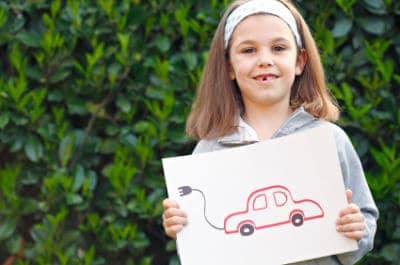
Why Car Recycling Is One Of The Best Ways To Live Eco-Friendly
Recycling a vehicle involves dismantling a vehicle for spare parts at the end of their life. Once a vehicle has stopped working properly, it is broken down and used for spare parts. The process of breaking a vehicle down can be complicated, since there are many different parts – including some hazardous material that must be removed.
To start the recycling process, recyclers will usually start the engine (if the engine starts at all) to find any leaks there might be. After the recycler has recorded all of the parts on the vehicle, they will then drain all fluids from the car (i.e. motor oil, transmission fluid, brake fluid, antifreeze, etc.) and store those fluids in the proper area. Other remaining hazardous materials will then be removed, like the battery and propellant for the air bags. Once all products and reusable items from the car are removed, the vehicle is crushed and recycled at a metal recycling facility. The old parts can be used to create new cars, or used to repair cars that are still in working condition.
Vehicle Recycling Is A Multi-Billion Dollar Industry
Vehicle recycling is one of the biggest industries in the United States and is growing steadily. Almost any car can be recycled, which means there will always be a need for recyclers! Here are some of the most recent facts about car recycling provided by the Automotive Recyclers Association and Environmental Protection Agency:
- The total estimated revenue of automobile recycling is estimated to be about $22 billion.
- Recycled vehicles provide enough steel to produce almost 13 million new vehicles every year and can save an estimated 85 million barrels of oil each year.
- Recycled parts can save retail customers about 50 percent when purchasing used parts over new parts.
- The automotive industry provides jobs for about 103,108 people throughout the country at more than 8,267 small and large businesses – the total annual payroll for auto-recycling is estimated at $3.3 billion.
- Automotive recycling saves you money every day, even if you don’t know it! By purchasing inoperative vehicles from insurance companies, automotive recyclers help to decrease insurance rates.
- More than 25 million tons of material are recycled from cars each year, including 90 percent of all of the automotive aluminum on a recycled car. Auto recyclers supply more than one-third of iron and steel scrap to the scrap processing industry in the United States – and using recycled steel and iron reduces air and water pollution by more than half during the manufacturing process.
The automotive recycling industry impacts your life in more ways than you can imagine. The steel industry saves enough energy each year, through recycling, to power more than 18 million households for a year. Recyclers also remove the hazardous waste from vehicles and dispose of it properly, so it doesn’t destroy the planet and create unhealthy living circumstances.
Recycle Your Vehicle To Help Make-A-Wish Grant Wishes
Car recycling can also help children with critical illnesses in your community. When your vehicle is run-down and you are looking to make a new purchase, you can make an impact in your community by donating your car to Wheels For Wishes. Wheels For Wishes benefits Make-A-Wish and helps to make wishes come true.
Your car donation is tax deductible and will have a tremendous impact in your city, whether you live in Roanoke, Tucson, Portland, or anywhere else in the United States. Just call 1-855-278-9474 or use the simple donation form online. You will be contacted within 24 hours of the first business day to plan your free pick-up or tow for your earliest convenience.
Vehicle recycling has a big impact on your life and your recycled vehicle can have an even bigger affect in the life of a child. Donate today to make a difference now!







